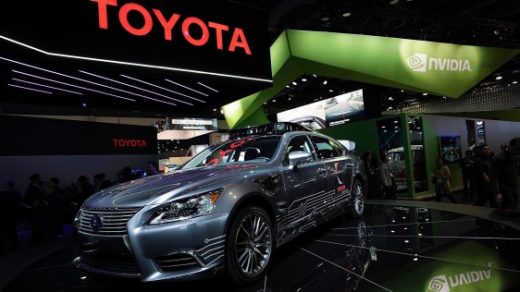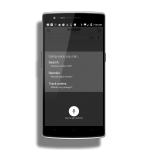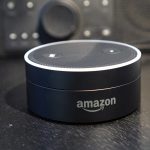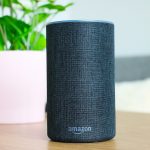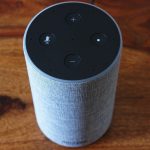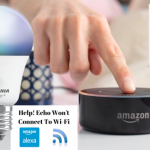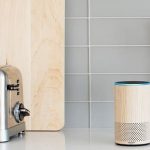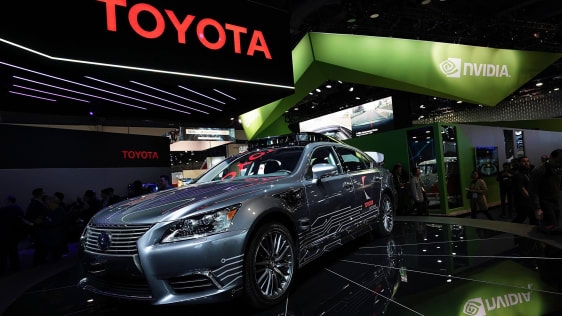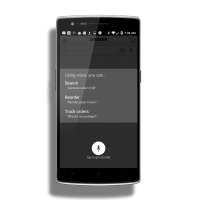Here’s Why Alexa Won CES Before The Show Even Started
When people arrived in Las Vegas to attend CES this week, one of the first things they noticed was Google’s massive promotional campaign for its Google Assistant service. There are ads hanging on the sides of buildings, painted on trains, and splashed on the screens of hotel room TVs.
The effort is one of many signals that artificial intelligence is a huge theme at this year’s show–mainly in the form of digital assistants like the Assistant, Amazon’s Alexa, and Apple’s Siri. Google wants those ads to create the vibe that its Assistant is the go-to choice for consumer electronics companies looking to build a brain into their device.
But the current reality is different than the marketing message. This year, 45.4 million Americans will talk to an AI assistant inside smart speakers, says research firm eMarketer. But only about a quarter of them will be talking to Google’s Assistant, while almost 68% will be talking to Amazon’s Alexa. Amazon CEO Jeff Bezos, who only occasionally shares specific numbers relating to hardware sales, said his company sold “tens of millions” of Alexa-powered devices over the holidays.
With its original 2014 Echo, Amazon was the first player to offer an ambient voice service designed for in-home use, and it’s fighting hard to keep its advantage. It dominated CES last year with company after company announcing new Alexa integrations in their products.
And if you look at this year’s actual product announcements–instead of the ad buys–it’s clear that Alexa is dominating this year’s CES. The service is showing up in everything from TVs to smartwatches to smart mirrors. Acer, Asus, and HP will release PCs with Alexa (as well as Microsoft’s Cortana) built in. And Toyota said it’ll provide Alexa in some Toyota and Lexus vehicles in the U.S. later this year.
Macworld‘s Michael Simon points out that iDevices, which once specialized in app-enabled iOS devices, announced a light switch with the Alexa brain inside. It contains a microphone and a speaker, and even a glowing blue ring just like the one on the top of the Echo.
Google’s main announcement at the show so far is that a group of “smart displays” from JBL, Lenovo, LG, and Sony will contain the Assistant when they hit the market later this year. The idea is that people can call up visual stuff like recipes, cooking videos, maps, and video calls–as you can already do with Amazon’s Echo Show. There were also some other lower-profile debuts of Assistant-ready devices, such as iHome’s iGV1 alarm clock. Amazon already has the alarm clock-like Echo Spot.
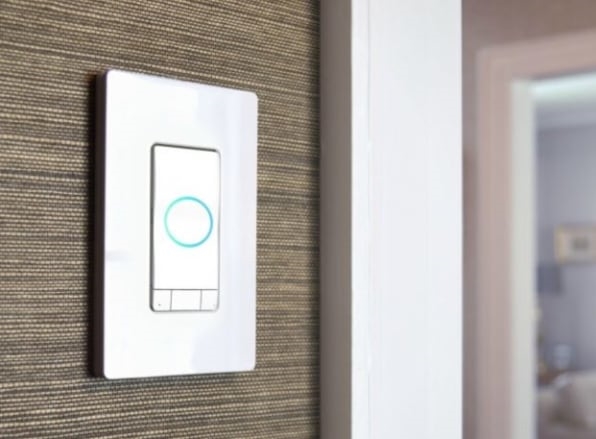
Platform War, Phase Two
All these announcements reflect Amazon and Google’s heated platform war. It began with each assistant stretching to integrate with and control as many connected home devices–such as light switches, door locks, and security systems–as possible. That was so you could control all that gear from an Echo or Google Home speaker.
That battle is still going on. But the CES announcements suggest we’re moving into a second, and more interesting phase. Now Amazon and Google are competing to get third-party hardware makers to build their AI services right into all manner of consumer electronics products. Rather than just interacting with a smart speaker, you might summon Alexa or the Google Assistant by talking to a lamp, a kitchen appliance, or even your car.
The announcements from CES also strongly suggest Amazon is winning this second phase of the battle, which is, as one Amazon executive recently told me, a “battle for hearts and minds.”
But why? Google’s deep roots in search and AI suggest it could make a far smarter assistant than Amazon, which is relatively new to challenges which Google has been chipping away at for years. And the Google Assistant is part of Android, so people can carry it around on their phones; Alexa, meanwhile, is still largely housebound.
The answer may be simple execution. Along with the head start it got by inventing the Echo, Amazon has been highly organized and motivated to work with device makers in a flexible way.
“From my discussions with [consumer electronics] manufacturers, the resounding feedback is Amazon has been a better partner than Google in all of this,” Creative Strategies analyst Ben Bajarin wrote in a research note from CES. “This one insight alone is a key reason I think Amazon holds their lead here in markets where they compete.”
That partnership has led Amazon to do lots of work on its side to make it easy for third parties to integrate with Alexa. For the connected home, the company made it easy–relative to other platforms–for device makers to add a basic “skill” to Alexa that allows users to control third-party products.
Similarly, says Global Data analyst Avi Greengart, Amazon has tried to make it simple for device makers to integrate Alexa as the brain of their hardware. “That requires a lot of engineering work, and Amazon has been willing to do it,” Greengart told me from the exhibition floor at CES.
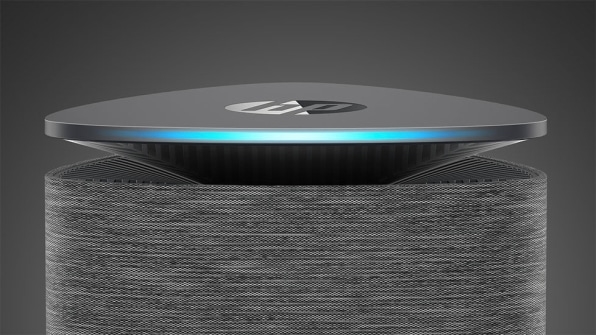
A Device Maker’s Perspective
As Greengart points out, Amazon has more experience than anyone else in incorporating an assistant in other companies’ gadgets. Two years ago, Invoxia announced that it would use Alexa as the brain in its Triby kitchen smart speaker. Invoxia managing director Sebastien de la Bastie told me the main reasons his company wanted to integrate Alexa back then are still true today. When Amazon introduced the Echo’s “far field” voice interface–which can pick up spoken commands from across the room–it created a new kind of front door to all kinds of digital content and services. The Echo became a gateway, directing users to various kinds of content and services via its skills. That, of course, put Amazon in a position of power.
De la Bastie compares Alexa to some of the tech industry’s powerful gatekeepers of the past. In the early days of the web, he says, search tools like Yahoo–and later Google–were important portals to the web. Later, he adds, Apple put itself in a similar power position at the dawn of mobile when it launched the App Store, making the iPhone a gateway to all kinds of mobile content delivered in apps.
Alexa, De la Bastie believes, retains an edge over the Google Assistant in terms of helping people perform useful tasks, thanks to its many thousands of third-party skills. There’s also a perception in the industry that Google has focused on pointing users to its own content and services rather than those of third parties, he says.
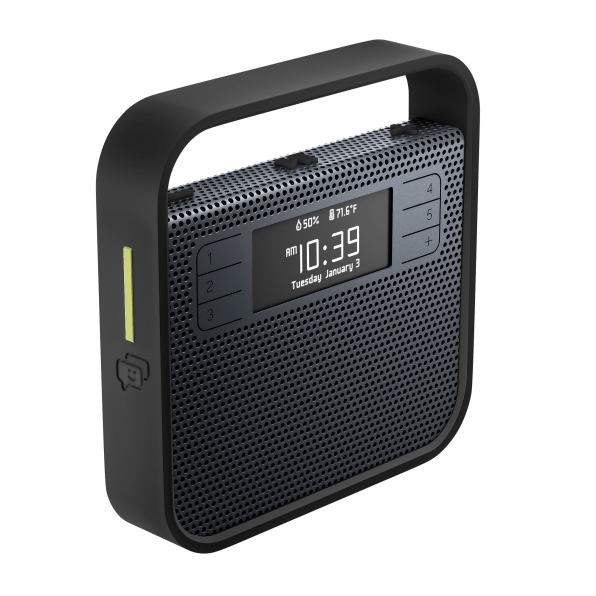
He adds that Amazon’s close connection with retail shopping is also very important to some device makers. Scenarios such as a user standing in the kitchen and ordering groceries using voice commands are considered to be very promising, and companies want their devices to support the sales of all kinds of products. So far, Amazon is the place to go for that.
Many Alexa hardware partners also use Amazon’s popular cloud service, Amazon Web Services. One Amazon executive told me that Amazon is able to offer its Alexa-using hardware partners valuable usage analytics data from the cloud, and even warn a partner when there is a problem with a specific device in a customer’s home, for example.
What About Apple?
You may wonder where Apple stands in all this. For a long time, the company said that it believed the best place to put a digital assistant (such as Siri) is a device that people always carry with them (like the iPhone). But the company eventually gave in to the clear message from consumers that they want their assistant in its own dedicated device–one that they can talk to from across the room using natural language.
So the HomePod smart speaker was born. Apple announced the product last June, many months before it was ready to actually bring it to market. After a delay, it will likely show up this month. The way-in-advance publicity kept Siri on the minds–if not on the kitchen counters–of people who are in the market for a smart speaker, lest they buy an Alexa or Google Assistant-powered device instead.
Greengart says that Apple is somewhat insulated from the AI assistant platform wars because of its dedicated user base: The Apple faithful might be less likely than other consumers to defect to some other platform because it has a better or more pervasive digital assistant. Still, the company has fought for its place in the connected home, taking pains to encourage device makers to support its HomeKit home automation framework.
Would Apple go a step further and attempt to export its Siri brain to an array of third-party devices? It’s a bit hard to imagine given Apple’s belief in controlling as many aspects of its experiences as possible, but it isn’t unthinkable. After all, the company has already extended Siri to the in-dash systems of numerous car models through its CarPlay software. The point is that the advent of AI and natural language have changed the game. And if Siri is going to remain relevant, Apple may need to make some strategic choices outside its traditional comfort zone.
Fast Company , Read Full Story
(30)

